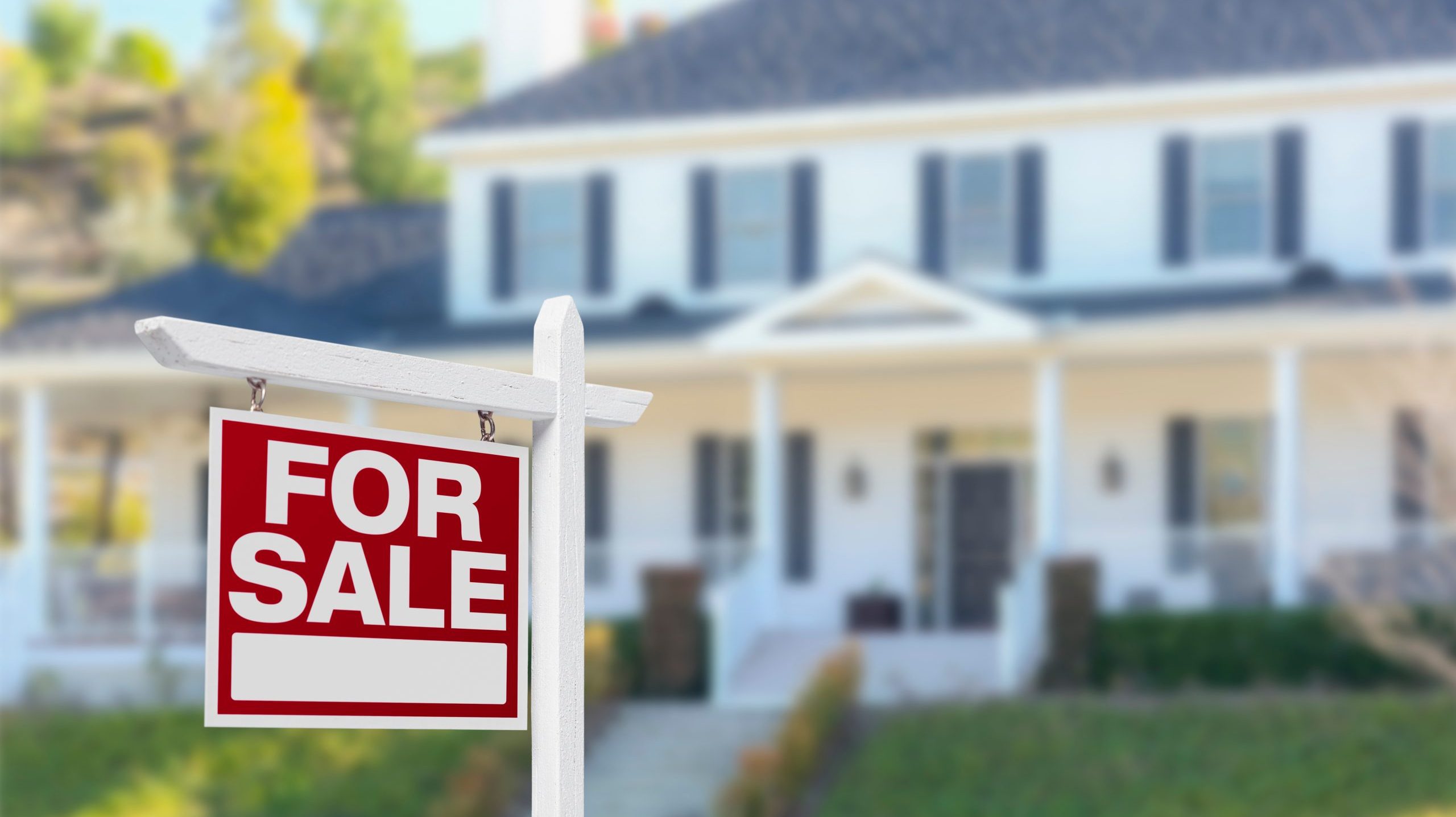|
Getting your Trinity Audio player ready...
|
The most recent monthly report from the Alabama Association of REALTORS shows both prices and the number of sales in the Alabama housing market have continued increasing in the last couple months.
The number of home sales increased from 5,209 to 5,423 between May and June. However, the number of sales was still significantly below where it was a year ago, with 6,577 sales in the month of June 2023.
Median sales prices also increased between May and June while remaining around previous highs. The median home sales price was $228,970 in June, an increase of almost $25,000 since May but less than $3,000 more than in June 2023.
According to research from the University of Alabama, rents have been increasing in most Alabama cities as well. Between June 2023 and June 2024, rents in Dothan increased by 10.96 percent and rents in Decatur increased by 10.35 percent. Most monitored metro areas, however, saw more measured increases.
Jeremy Walker, CEO of the Alabama Association of REALTORS, said “the latest data underscores a positive trend in our housing market, driven by economic growth and favorable mortgage rates.”
Nationwide, home prices have dramatically increased in recent years, leaving many complaining about being unable to afford their first home. Between the third quarter of 2019 and the first quarter of 2024, the median sales price went from $327,100 to $428,100.
Economists and “YIMBY” activists suggest restrictions on new construction are partially, or primarily, responsible for the recent increase in prices. Some cities that have reformed their zoning codes to make it easier to build, like Minneapolis, have been less affected by price increases.
Last month, Montgomery received an over $3.5 million grant from the federal government to help revise the city’s land-use policies and encourage more construction.
In May, there were 1,590 building permits for one-unit structures issued in Alabama. The Alabama Association of REALTORS estimates that there were roughly 1,621 issued in June, the “highest level since May 2022.”
The recent increase in interest rates is also frequently blamed for making homes less affordable. While the average 30-year fixed-rate mortgage rate fell from 7.03 percent to 6.86 percent between May and June, it’s still above the pre-pandemic range of roughly 3.5 percent to 4.5 percent.
But higher mortgage rates are also responsible for curbing demand and reducing the number of sales. Rob Haworth, senior investment strategy director at U.S. Bank Wealth Management, said that really “there’s just not enough new construction to offset the lack of supply in the existing home market.”
And higher interest rates make financing construction more expensive. Skanda Amarnath argued for Employ America that interest rate increases contributed to declining building permit rates and “inflationary relief” in the housing market is actually due to pre rate hike construction being completed.
Some experts and think tanks have actually begun to suggest creating a federal construction fund in order to drive construction costs down.
According to Walker, a “cut to the federal funds rate could further stimulate the real estate industry, providing even more opportunities for home and property ownership.”

















































